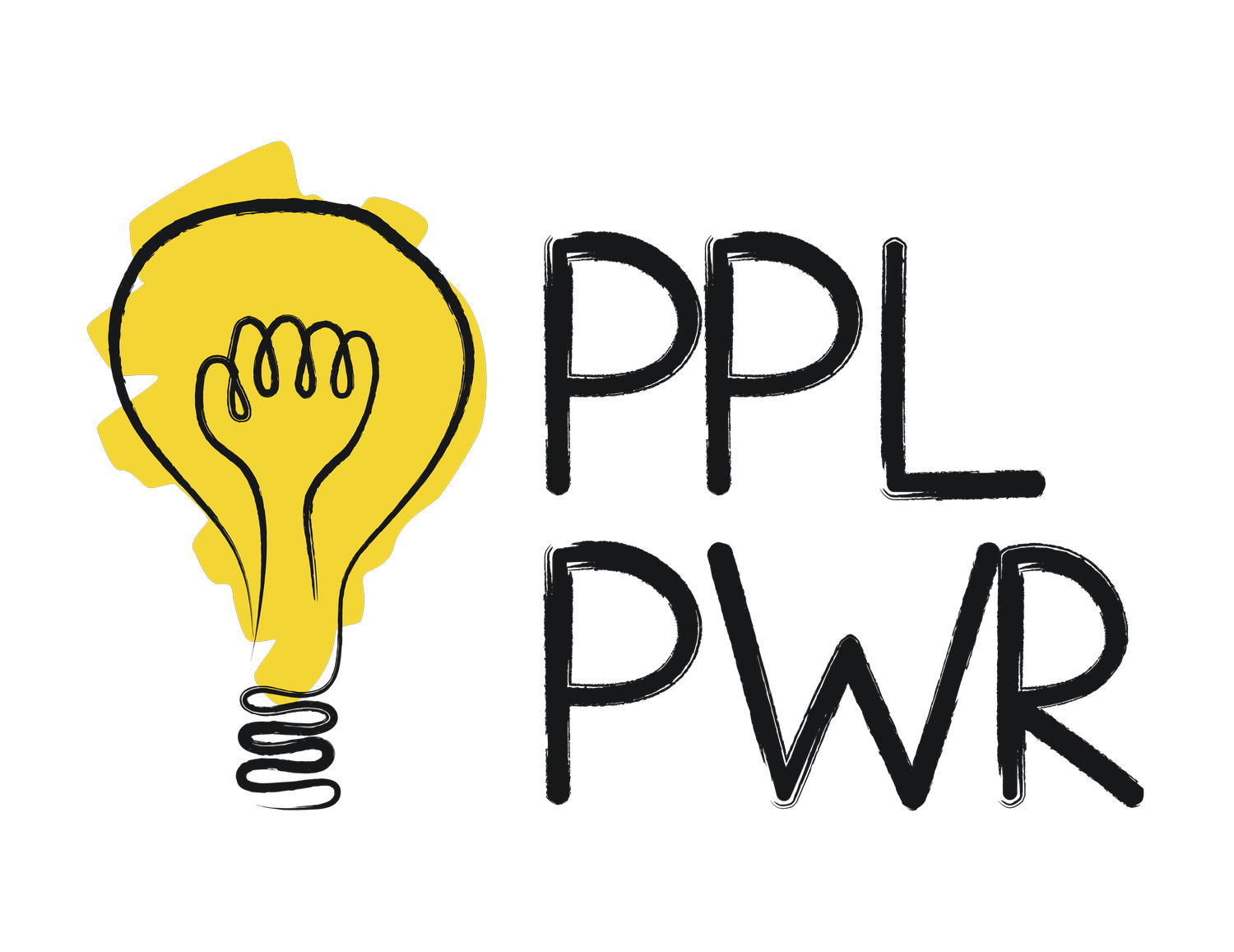The COP26 Pupil Power Roadshow
Following our Pupil Power Roadshow at the COP26 green zone in Glasgow's Science Centre (Sat 6th Nov) we want to give you all some more detail on what we did and how you can still get involved (in person or online).
Images/text have been retrospectively updated to include pictures/outcomes from the conference.
Our roadshow took place from 9 am-5 pm (Saturday 6th November) in the COP26 Green Zone at the Glasgow Science Centre, where we spoke to hundreds of people from all walks of life about sustainability and green issues, and all we can say is that we loved every second (as did COP26 president Alok Sharma!). We spoke to people about three key topics, which you can find more about below!
COP26 president Alok Sharma paid the PPL PWR stall a visit, and even took a t-shirt for good measure! Source: PPL PWR
Energy Storage and Hydrogen Fuel Cells
To prevent the negative effects of greenhouse gas emissions on the environment and human health, there is a need to decarbonise the energy and automotive sectors. This transition will be hugely dependent on renewable electricity (solar and wind) availability, which is currently experiencing a rapid period of growth. But renewables remain burdened by supply and demand discrepancies, as their most productive periods (during the day) are when electricity demand is lowest, while they are least productive when demand is highest (evening/night).
Hence the goal of decarbonising the energy and automotive sectors hinges on improving energy conversion and storage technologies. Meaning, there is currently intense research dedicated to increasing the performance of battery and fuel cell technologies. One promising option is the use of hydrogen fuel cells. In a fuel cell, hydrogen gas (H2) can be split into two single hydrogen atoms, reacting with oxygen and releasing energy and water. As water is the only by-product, hydrogen is an incredibly clean fuel.
The reverse process can also take place, whereby water is split into hydrogen and oxygen (via electrolysis). Meaning when renewable energy is plentiful, the electricity can be used to create hydrogen, which can then be stored and used as a fuel when required. It is expected that fuel cells, along with batteries, will increasingly form an integral part of our energy mix (especially within transport).
The primary initiative of the energy storage task force was to share our knowledge and experience of these systems with the general public through the use of interactive demonstration kits. So in collaboration with the UCL-based electrochemical outreach, UCell, students at our Pupil Power Exhibition performed tabletop demonstrations to help illuminate the chemistry behind harnessing hydrogen energy as an alternative fuel to petrodiesel. The hands-on tutorials employed miniature model cars (and fruit batteries) to simulate the real-life application of a carbon-free vehicle powered by hydrogen. The hope is that our exhibition dispelled some of the myths around the dangers of hydrogen and engaged the public in a conversation on how the global transition to clean energy can be facilitated by the switch to near zero-emission hydrogen fuel cells.
Everyone had a chance to get hands-on with our mini hydrogen-powered car! Source: PPL PWR
Climate Conversations
Eco-anxiety is a phenomenon that describes the distress and apprehension experienced as a result of climate change and the existential threat of ecological disasters and environmental degradation. At COP26, PPL PWR was assisted by the Climate Psychology Alliance in teaching students about resilience and the necessary facilitation techniques to host a climate café, a safe space for a discussion group to gather informally and address the mental strain of the climate emergency.
By meeting up and working through the uncertainty that hangs over the future of our planet, which can evoke fear, anger, despair, and sadness, climate cafes can help participants to channel these negative emotions into an empathetic and inclusive forum that allows for a constructive exchange of thoughts and feelings. The students were equipped with the tools to broach their own climate conversations in the COP26 Green Zone, negotiating the complex and at times challenging feelings that climate change can engender.
Valuing Our Green Spaces
Research shows that contact with nature has a restorative effect on mental and physical health by providing individuals with respite from the stresses of fast-paced modern life. It is essential that urban planners and policymakers recognise the benefits of conserving open spaces in the built environment for wellbeing, biodiversity, tourism, and offsetting greenhouse gas emissions through carbon sequestration. You can check out one example of the impact green spaces can have in this video.
Exploring its many benefits, from individual and community wellbeing to conserving nature and profiting economies, the younger generation believes that everyone should have the right to access nature and its resources. To illustrate the importance of green spaces, students were given a masterclass in filmmaking, covering all the basics of shooting, editing, and storytelling, and were then tasked with producing a video interview either independently or with friends and family in their favorite park, field, garden or woodland. The films, screened at the COP26 green zone and online, highlighted the collective voice of students and gave a powerful demonstration of why we should value green space and how we can go about rekindling our relationship with the natural world.
One of our students encouraged people to write to their MP about climate anxiety. Source: PPL PWR
We loved demonstrating all these amazing projects to the public at Glasgow and once more elevating the youth perspective at this critical conference. If you weren't in Glasgow please have a look through our blog archive and keep an eye out for upcoming social media posts to see what we are up to.





